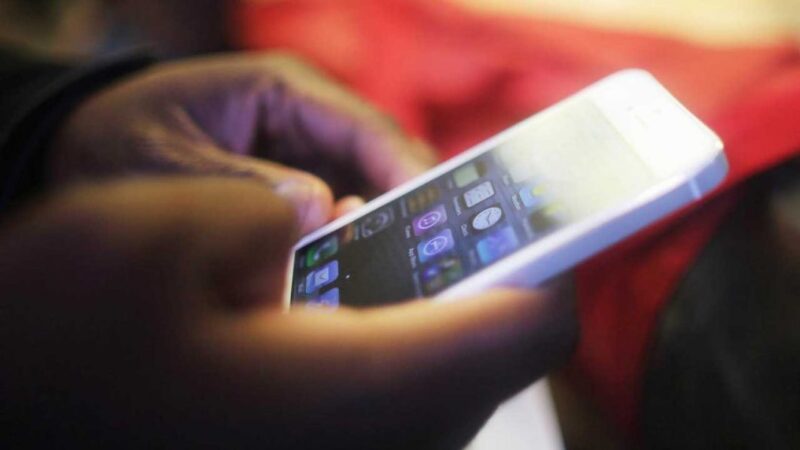National Issues
The Impact Of Social Media On Our Mental Health And Well-being -By Hafsat Abdullahi Musa
As someone who has experienced both the positive and negative aspects of social media firsthand, I believe that it’s time for us to take a more critical look at these platforms and the impact that they are having on our lives. Whether it’s through better regulation of social media companies…

“In today’s digital age, social media has become an integral part of our daily lives. It’s a way to connect with friends and family, share our thoughts and experiences, and stay up-to-date on current events. But as our use of social media has increased, so too have concerns about the impact it has on our mental health and well-being. While social media has many positive aspects, it’s important to acknowledge the many ways that it can negatively impact our mental health, and take steps to mitigate those risks. In this article, I’ll explore the impact of social media on our mental health and well-being, and share my own personal experience with this complex issue.”
Social media has become an integral part of our daily lives, with millions of people around the world using platforms like Facebook, Twitter, and Instagram to connect with friends, family, and strangers alike. While social media has undoubtedly brought many benefits, such as increased social connectivity and access to information, it has also been linked to a range of negative mental health outcomes, including depression, anxiety, and low self-esteem.
As someone who has experienced the ups and downs of social media firsthand, I believe that it’s time for us to take a closer look at the impact that these platforms are having on our mental health and well-being. While some argue that social media is simply a reflection of the broader issues that we face as a society, I believe that we cannot ignore the ways in which these platforms are exacerbating these problems and creating new ones.
Social media has become an integral part of our lives, but at what cost? While there are certainly benefits to staying connected with friends and family, social media can also have a negative impact on our mental health and well-being.
One of the biggest concerns with social media is its addictive nature. Studies have shown that social media use can lead to feelings of anxiety and depression, particularly when we feel like we’re missing out on something or not living up to the expectations of others. This constant need for validation can be exhausting and can take a toll on our mental health.
Another issue with social media is the way it promotes a culture of comparison. We’re constantly bombarded with images of people who seem to have it all together, whether it’s the perfect job, the perfect relationship, or the perfect body. This can create unrealistic expectations and make us feel like we’re not measuring up. It’s important to remember that social media is often a highlight reel, and that people only share the best parts of their lives.
Social media can also be a source of misinformation, which can contribute to the spread of fake news. It’s important to fact-check information before sharing it, and to be aware of the biases that can exist on social media platforms. Social media can be a platform for cyberbullying and harassment. It’s important to be mindful of our own behavior online, and to speak out against bullying when we see it happening.
“As we’ve seen, social media can have a significant impact on our mental health and well-being, both positive and negative. So, what can we do to ensure that the benefits of social media outweigh the risks? How can we use social media in a way that promotes our mental health and well-being, rather than detracting from it? I challenge you to reflect on your own social media use and consider what changes you can make to improve your mental health and well-being.
In conclusion, social media has become an inescapable part of modern life, with billions of people around the world using these platforms to connect with others and share their lives. While social media has many benefits, including increased social connectivity and access to information, it also comes with a range of potential risks to our mental health and well-being.
As someone who has experienced both the positive and negative aspects of social media firsthand, I believe that it’s time for us to take a more critical look at these platforms and the impact that they are having on our lives. Whether it’s through better regulation of social media companies, greater public education about the risks of social media, or simply taking a more mindful approach to our own social media use, there are steps that we can take to mitigate the risks and create a healthier relationship with these platforms.
Ultimately, the decision to use social media is a personal one, and each of us must weigh the risks and benefits for ourselves. However, by taking a more informed and critical approach to our social media use, we can create a healthier and more fulfilling life both online and off.
Hafsat Abdullahi Musa is a 200 levers student mass communication, Ahmadu Bello University, Zaria.
She writes from Zaria.



















